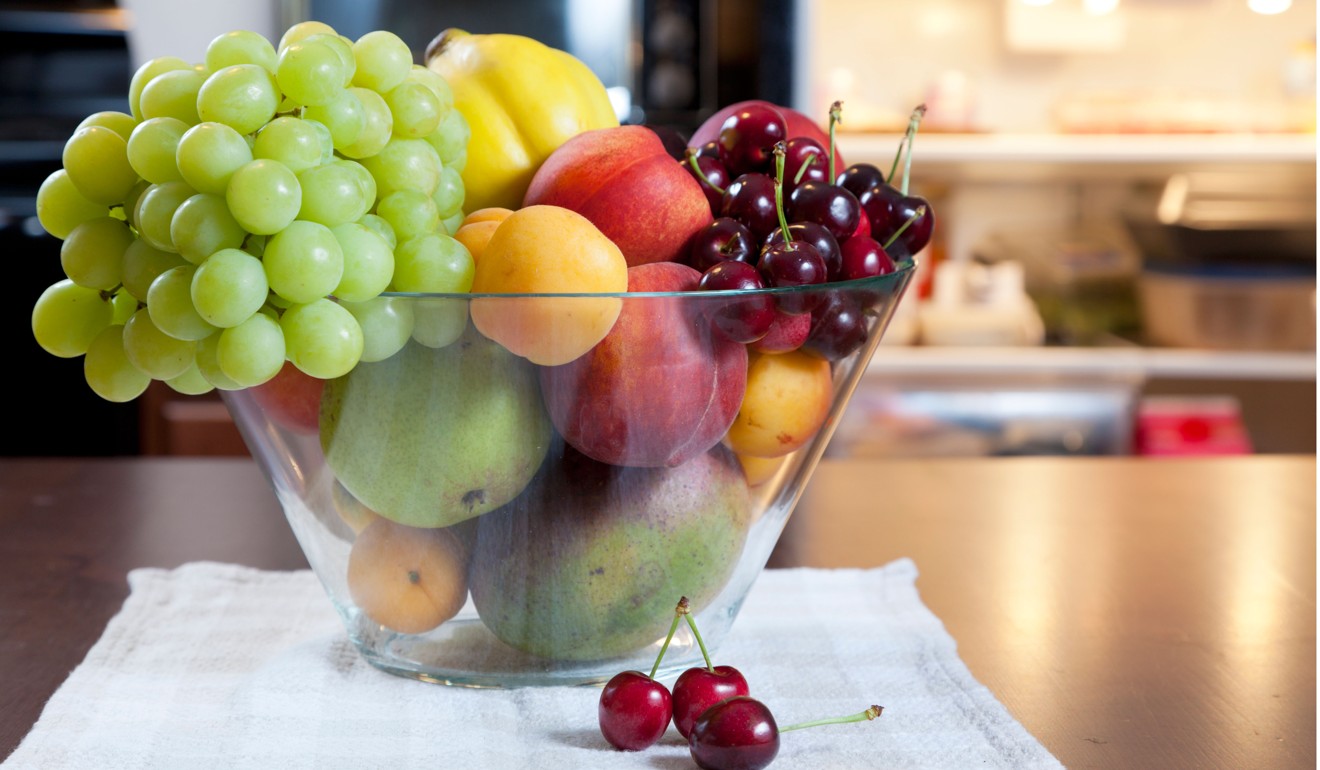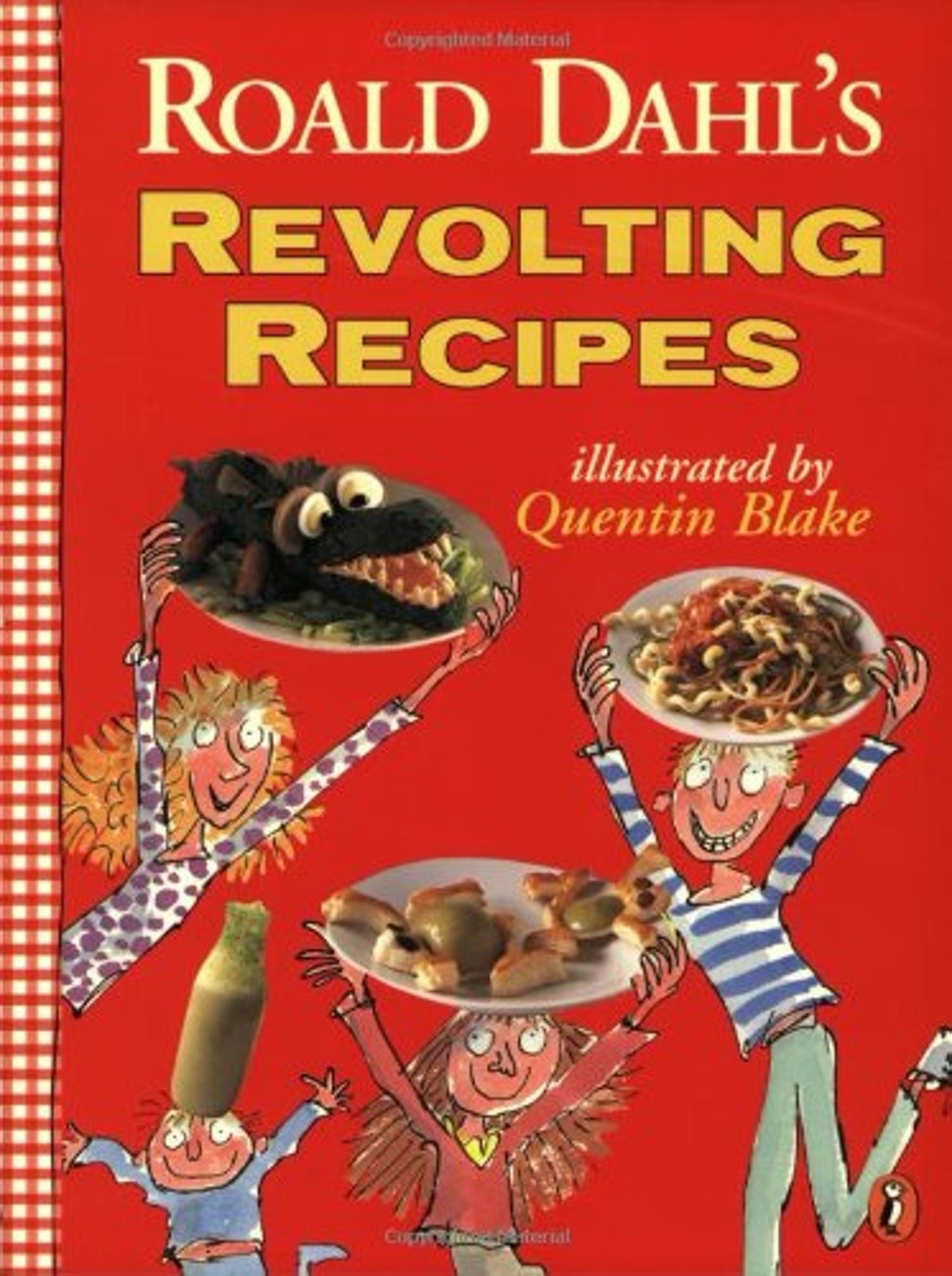
How to get Hong Kong children eating healthily and off junk food – six expert tips on developing good habits before their teens
Doctors warn that Hong Kong teenagers are at growing risk of suffering strokes later in life after a recent survey showed worrying diet trends. We talk to two dietitians about the best ways of instilling good eating habits at an early age
Encouraging children to adopt good eating habits and healthy attitudes to food early in life is crucial for their future well-being. This is especially so given doctors’ warnings that Hong Kong teenagers are at growing risk of suffering strokes later in life after a recent survey showed a “worrying” trend of youngsters rarely exercising and eating a poor diet.
The Hong Kong Stroke Fund survey of 12,405 secondary school pupils in September and October showed 56 per cent eat diets in which vegetables formed less than a third of their intake. Meanwhile, 4 per cent ate no fresh vegetables at all and 28 cent did not have a daily fruit habit – despite World Health Organisation guidelines that suggest individuals should eat five servings of fruit and vegetables a day.
Hong Kong children face health risk from too much screen time, according to new research
A sobering comment from one of the doctors involved in the study was that the youngest stroke patient he had treated was just 18.
“The diet of the young today tends towards the unhealthy, loaded with calories, fats, sugars and salt in general,” says accredited dietitian Danica Yau, who is also the Hong Kong Dietitians Association external affairs officer. “Local surveys have shown students regularly consume soft drinks, fast food and junk food.”
But Yau also warns of a paradox: “On the other end of the spectrum, there is a certain group that places too much focus on body image and goes to the extreme of dieting with all kinds of fad diets, which puts their nutritional status and health at risk.”

Aware that junk food is endemic in the fast-paced lives of young people, Yau says it is essential to educate children from a young age about the impact of diet on their health so that they can make the right food choices.
“We should also be aware that eating healthily does not equate to boring food and salads. It’s OK to snack or enjoy desserts occasionally and in moderation,” she says.
Sally Poon, chairman of the Hong Kong Practising Dietitians Union, recommends to have single snacks of no more than 125 kilocalories [523 kilojoules] of energy and drinks of 250 millilitres or less, and these should be consumed no more than once between main meals.

An excellent way to increase children’s interest in food early on is to involve them in the kitchen when they are young. “Not enough kids cook these days, unfortunately – they focus a lot of time on academic achievements instead,” Poon says.
She sees cooking as forming the heart of a healthy food culture. “As a keen cook as well as a dietitian myself, I know how important cooking is for health. It is a skill everyone should have, and it can be fun. Once kids can cook the basics, they will have the best survival tool to take them into adult life.
“Everyone should be eating good quality meals made from basic ingredients every day. I truly believe that home cooking is the key to health because you don’t need to rely on expensive, processed and additive-laden foods, which are also high in fat, sugar and salt.”
Family support is very important – parents should practise healthy eating
Yau notes that there is an increasing number of cooking studios providing classes and workshops for children, which is a positive thing as it promotes cooking as “cool”.
“Cooking and baking isn’t just a ‘mum thing’ any more,” she says.
Being active likely follows because eating well yields sustainable energy and reduces unhealthy cravings. As Poon points out, a modern junk-laden diet exacerbates an appetite for more of the same and can be damaging in ways we do not anticipate.
“Caffeinated beverages such as tea or coffee are not recommended for children. This is because children are less capable of breaking down caffeine and they may suffer from shaking hands and disturbed sleep if excessive intake occurs,” she says.

Even seemingly innocent foods can be a bad thing. “Items containing sweeteners, such as sugar-free chewing gum and diet soft drinks, are also not recommended for children. This is because most of them are of relatively low nutritional value. In addition, their high sweetness potency may promote craving for sweet food in children.”
Six expert tips to get children cooking – and eating – well
1. Get them involved in the kitchen from a young age. They can do things like roll out biscuit dough, help make a cake or select interesting, unusual and colourful fruit for a fruit salad (the bigger the range of colour on a plate, the broader the spread of vitamins and minerals).
Hong Kong parents told to take children outside to reach mental and physical potential
2. Sustain their interest by giving them more autonomy in the kitchen when they are older. Worry less about the mess they’ll make and concentrate on the fun they are having experimenting with food on their own.
3. Buy them a fun recipe book that is child-friendly and full of pictures to pique their interest at a young age. A popular choice is the series by Roald Dahl: Revolting Recipes, Completely Revolting Recipes and Even More Revolting Recipes, which are all beautifully illustrated by Quentin Blake.

4. Be a role model. If you are hung up on food, your kids may be, too. If you never prepare a meal from scratch, how will they learn to do so? “Family support is very important – parents should practise healthy eating,” Poon says.
5. Keep a bowl topped up with fresh fruit to “set up a healthy home environment for children”, Poon says. Help make it second nature for children to pluck a banana or an apple from a bowl when they are feeling hungry.
6. Eat around a table as a family – if not daily, then regularly. It is a great way to connect.

